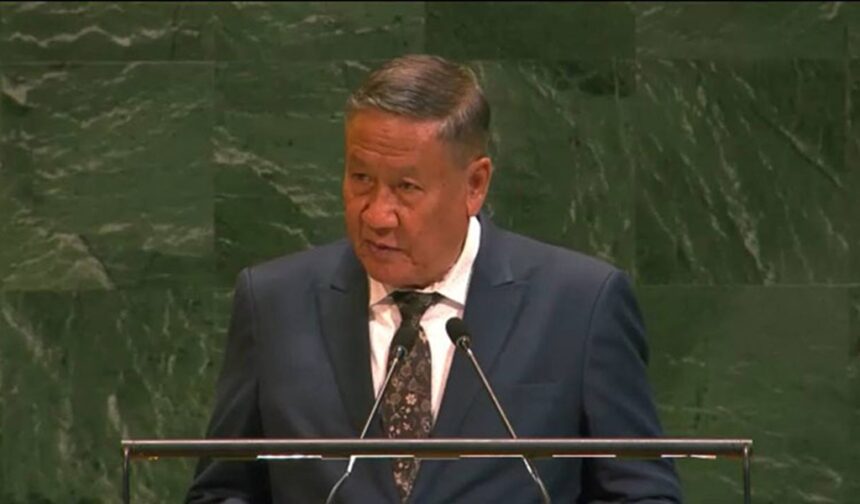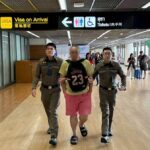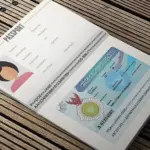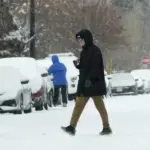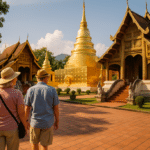PHNOM PHEN – Cambodia’s Ambassador to the United Nations, Chhea Keo, on Friday called for an immediate and unconditional ceasefire with Thailand after two days of intense fighting at their shared border.
The clash, which has left at least 16 people dead and forced tens of thousands from their homes, marks a sharp rise in tensions along an 800-kilometre section of disputed territory. Both sides have swapped blame, accusing each other of aggression and breaches of international law.
After a closed-door session at the UN Security Council, Cambodia’s Ambassador Chhea Keo said Cambodia wanted the violence to stop at once and stressed the need for a peaceful way forward.
He stated, “Cambodia asked for an immediate ceasefire – unconditionally – and we also call for the peaceful solution of the dispute.” The Security Council also released a statement urging both sides to act with restraint and to focus on diplomacy, but so far, Thai officials have not made any public reply to the ceasefire demand.
The battle broke out on Thursday and rolled into Friday, causing the worst fighting between the two countries in more than ten years. Thai authorities reported at least 15 civilian casualties and one soldier dead, while 46 people, including 15 soldiers, suffered injuries.
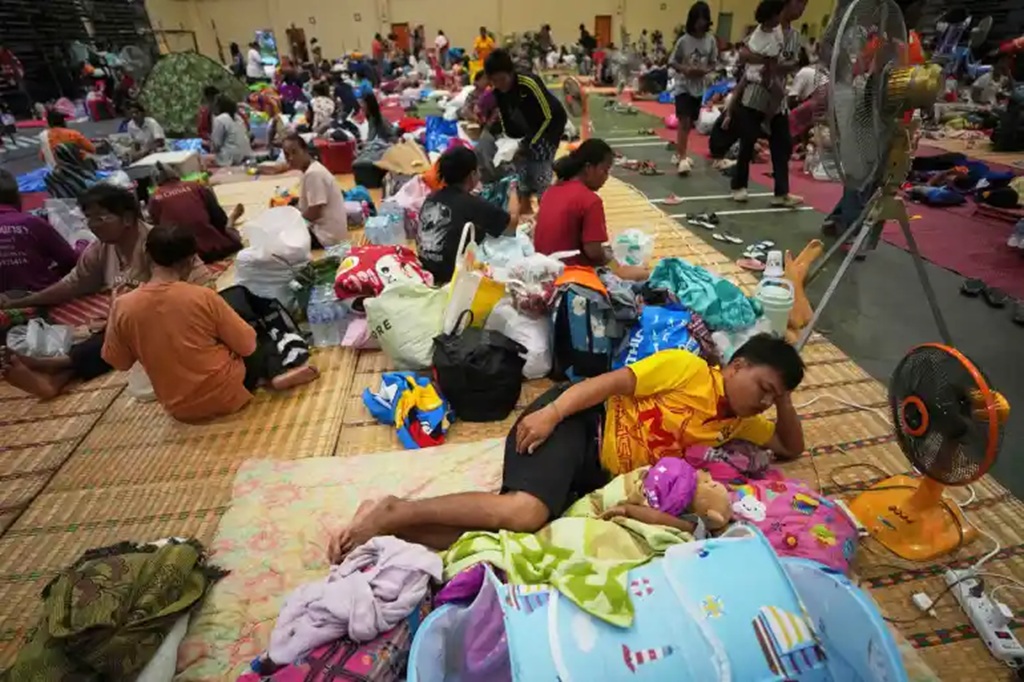
Thousands Evacuated in Thailand
Cambodia’s Oddar Meanchey province confirmed that one civilian, a 70-year-old man, was killed, and five others were hurt. The Thai Health Ministry said the fighting forced more than 138,000 people to evacuate, with martial law now in force across eight districts.
Cambodian officials reported that about 20,000 have fled from Preah Vihear province.
Tensions have simmered for months, peaking in May when a Cambodian soldier died during clashes in the so-called Emerald Triangle, where the borders of Thailand, Cambodia, and Laos meet.
Each side blames the other for the death, with Cambodia accusing Thai troops of opening fire on a base, while Thailand insists Cambodia started the skirmish. Diplomatic ties have since soured, with both sides recalling ambassadors and tightening border controls.
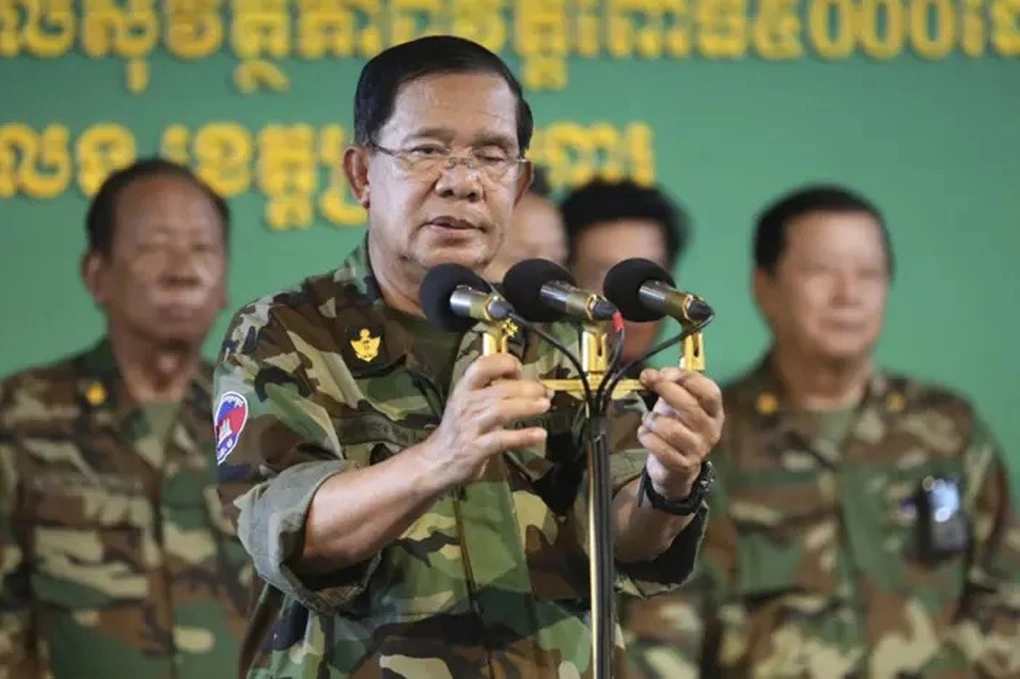
Hun Sen Accused of War Crimes
Khaosod News and other sources report that Thailand has accused Cambodia of rocket and artillery attacks on towns, including a strike on a hospital in Surin province. Thai Health Minister Somsak Thepsuthin described these actions as potential war crimes.
The Thai military stated, “The deliberate targeting of civilians is a war crime, and those responsible must be held accountable.” At the same time, Cambodia claimed that Thailand used cluster munitions, which are banned by an international treaty, and damaged the historic Preah Vihear Temple listed by UNESCO. Thai officials deny these claims.
The heart of the conflict remains a border argument that stretches back over a hundred years, involving ancient landmarks like Preah Vihear and Ta Moan Thom temples.
Though a 2013 United Nations court decision confirmed Preah Vihear as Cambodian, friction has persisted. Recent events have stirred up more tension, with strong language coming from politicians and a personal feud between Cambodia’s former Prime Minister Hun Sen and Thailand’s former Prime Minister Thaksin Shinawatra.
Hun Sen, who is now Senate President and remains influential, has been accused by Thai leaders of guiding recent attacks. On social media, Hun Sen criticized what he called Thailand’s “warlike tone” and claimed Thai forces shelled Cambodian areas, forcing Cambodia to “fight back and counterattack.”
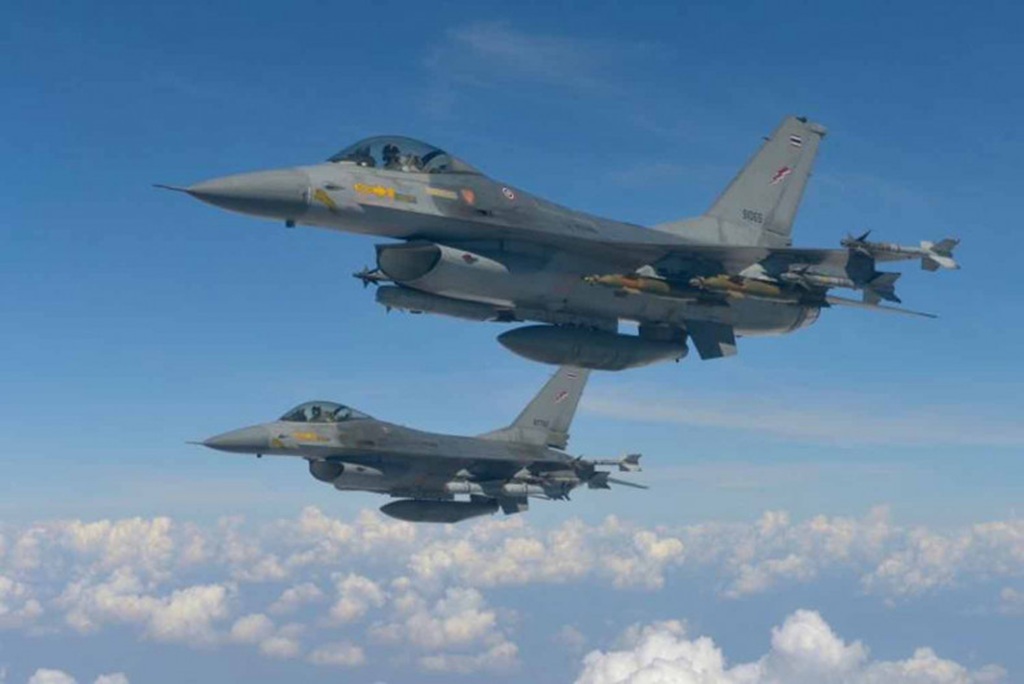
Thailand’s Use of F-16s
The conflict escalated further with reports that Thai forces used F-16 fighter jets, destroying a Cambodian military target. Cambodia’s Defence Ministry called this “reckless and brutal military aggression,” saying the jets bombed a road near Preah Vihear. Thai authorities responded that their strikes were focused and aimed only at military sites.
Regional leaders, such as Malaysia’s Prime Minister Anwar Ibrahim, who is now chair of ASEAN, have also pressed for a ceasefire. Cambodia’s Prime Minister Hun Manet stated that Thailand first agreed to a Malaysian-brokered peace plan but then pulled out, a claim the Thai side rejects, blaming continued Cambodian attacks.
The US, which counts Thailand as an ally, and China, a key trading partner for both countries, urged both sides to take steps to calm the situation. The fighting has now spread across 12 spots along the border, including Ubon Ratchathani and Surin provinces.
On both sides, families have gone to emergency shelters. In Surin province, over 1,600 people have taken refuge at Surindra Rajabhat University, where families huddle together on straw mats in the heat.
One evacuee, Suphap Wongwai, said, “I’m worried about my children. They are scared and crying.”
As the UN Security Council debates ways forward, the people of both countries face deep uncertainty. With heavy accusations on both sides and civilian lives upended, the search for peace continues, but the situation on the ground remains tense and unresolved.
Related News:
Cambodia’s Hun Sen and the Escalating Thailand-Cambodia Border Conflict




